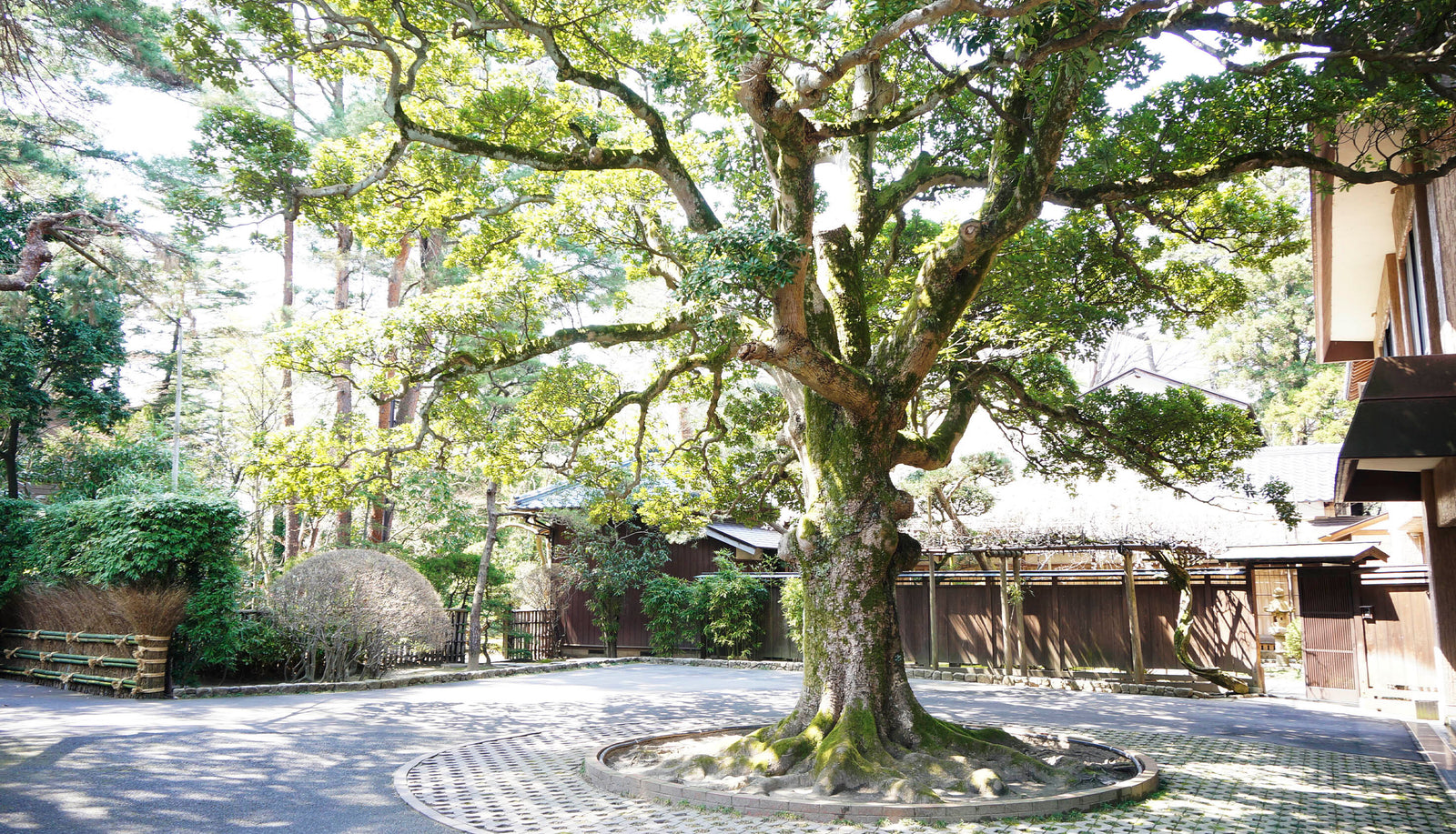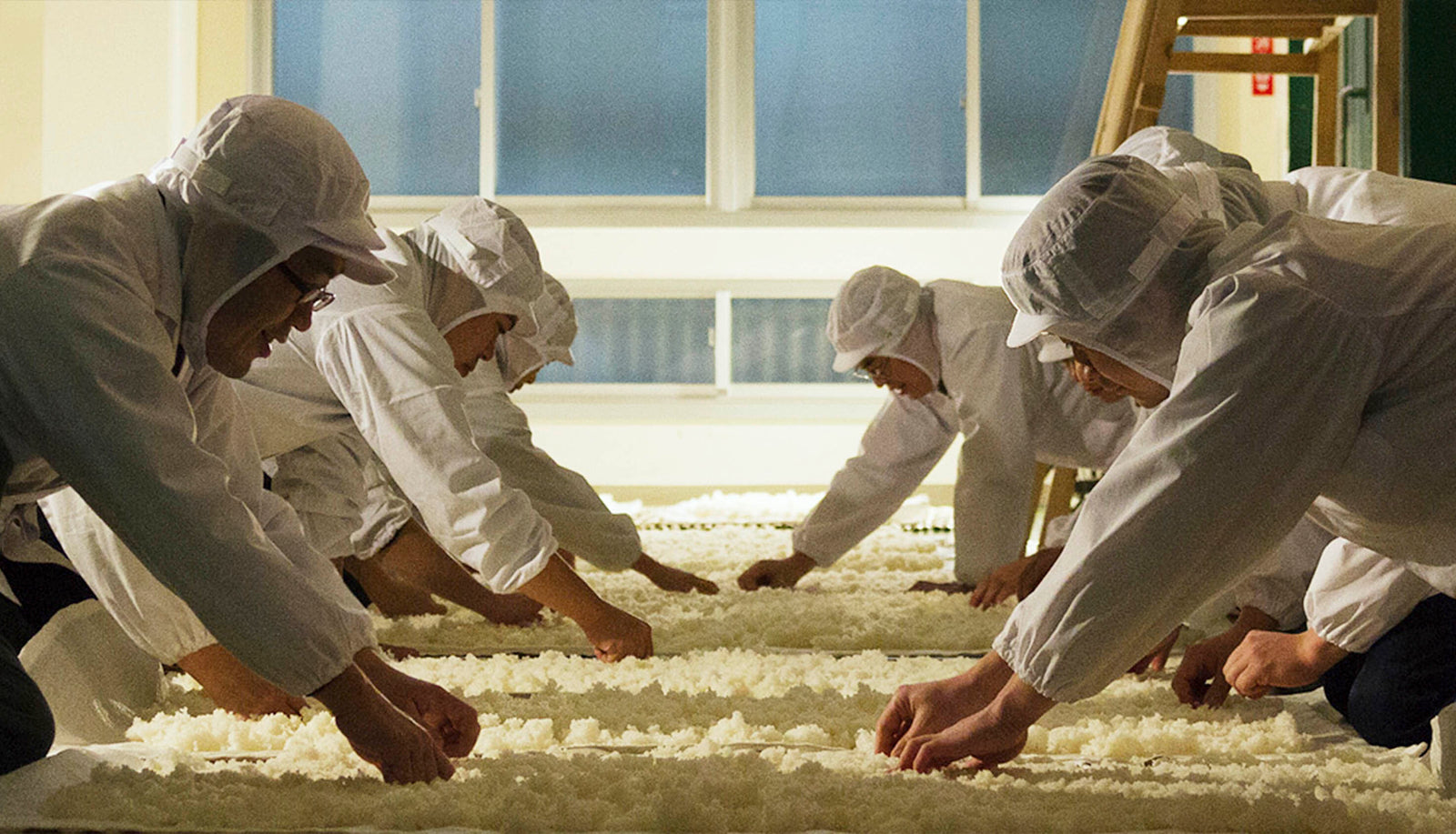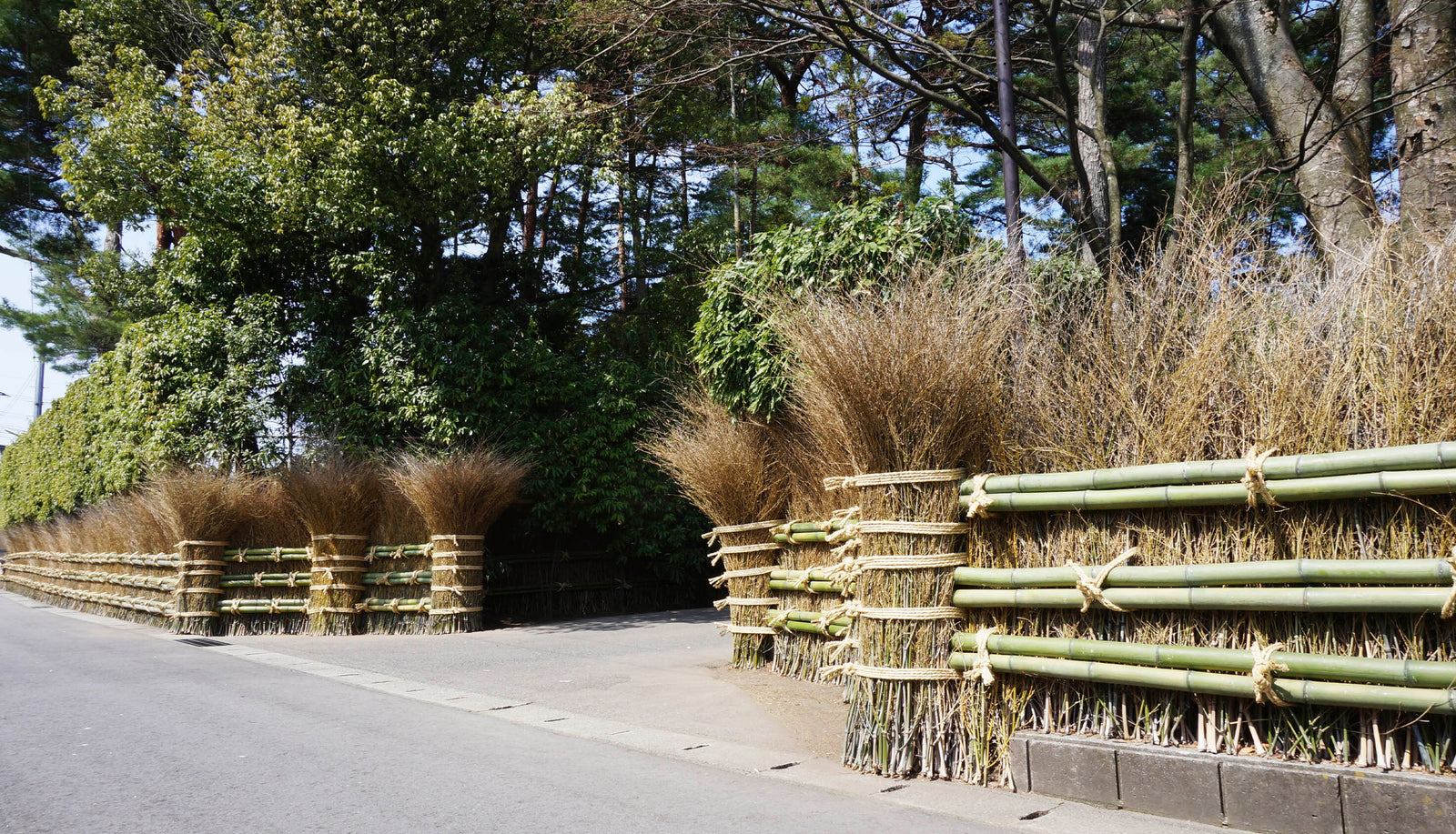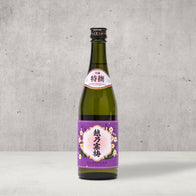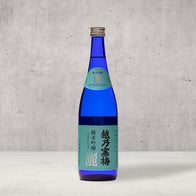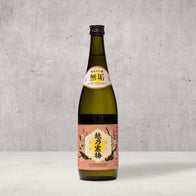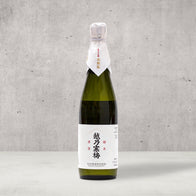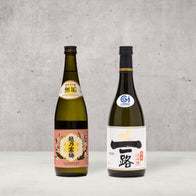
石本酒造
Ishimoto Brewery
BREWERY | 石本酒造
Ishimoto Brewery - Koshi no Kanbai

Called Koshi no Kanbai, meaning Winter Plum of Koshino (an old name for the Niigata region). Named after the beautiful, hearty winter plum that is a frequent subject of art and poetry with its delicate flowers blooming in the cold of January and February on snow-laden branches, the tree is a symbol of both beauty and perseverance. Koshi no Kanbai has braved numerous dire eras such as rice shortages during the two wars in the Showa Period, but throughout, they made a point of never lowering their standards, always choosing quality over quantity. During the era of rapid economic growth that followed, sweeter sakes were popular and was what sold like hot cakes, but Koshi no Kanbai stuck to "great sake with a crisp aftertaste," and produced just enough that they could maintain their high quality. The regional sake boom followed, but during that time as well, the brewery never over-produced more than what was possible to keep their quality high. Today, they still abide by this philosophy to continue producing high quality sake, staying true to their Koshi no Kanbai identity.
Founded
1907
Employees
70
Flagship Product
muku
Location
Niigata Prefecture
Koshi no Kanbai is in Niigata, central to the mainland of Japan. Cold in the winter, it is one of the main rice-producing Prefectures. The brewery is located in Kamedagou, a dune area surrounded by the Agano River, Shinano River and the river that connects the two, the Koagano River.

Head Brewer - Toji
Shinichi Takeuchi

Koshi no Kanbai's 15th Toji, Takeuchi has been with the brewery for 30 years. There's a great series on the brewery's instagram, called "Tell us, Toji Takeuchi!" that has interesting bite-sized knowledge about sake on each post.
Recommendation
Favorite
Notable
Awards & Accolades
N/A
Shop
From this Brewery
Our Mission
Consistently brewing high quality sake, maintaining Koshi no Kanabai's unique personality, and valuing their local community.
Quality
Water and Rice
Water from Agano River and rice from Agakita and Hyogo Prefecture.

Soft water from Agano River
Variety of Rice


